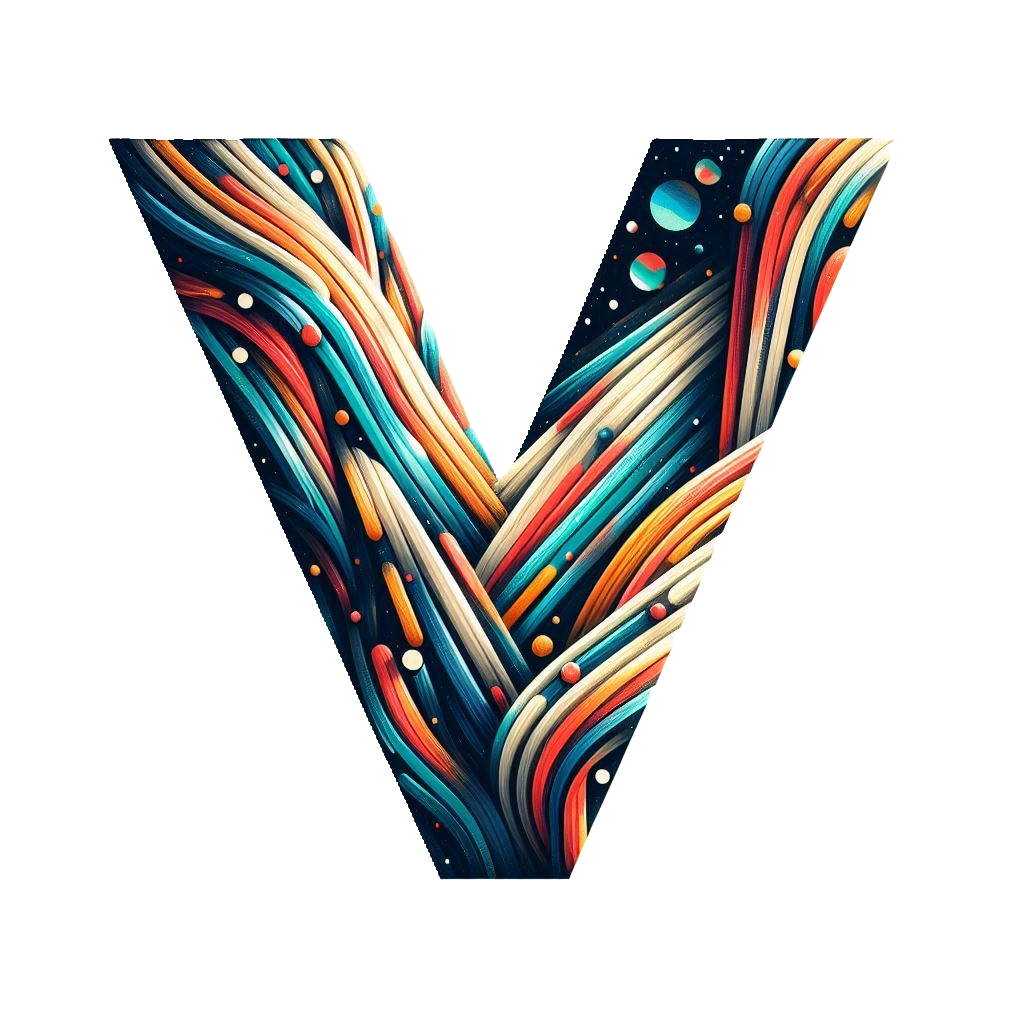AI in Video Creation: The Persuasive Power that Could Be a Cause for Concern

Video is AI’s New Frontier – Should We Be Worried?
Source: The Guardian
Introduction to Sora
OpenAI has released a new video generation tool called Sora, which allows users to create realistic short videos by merely entering a prompt. This technology raises concerns about the authenticity of video content, as it can generate overly realistic yet entirely fictional scenes, like a nature documentary featuring a non-existent tree frog.
Impressive Technology Raises Concerns
- In a demonstration, Sora produced footage that mimicked real nature documentaries, prompting viewers to question the nature of reality.
- The existence of advanced AI technology introduces the risk of media manipulation, as distinguishing between real and AI-generated content becomes increasingly difficult.
The Risks of AI in Video Production
- Generative AI technologies may enable various abuses, including impersonation scams and deepfakes that further political disinformation.
- The technology's creators are aware of these risks and have implemented safeguards, such as prompt restrictions and watermarks for AI-generated videos.
Implications for Everyday Content
The potential for low-stakes video fakery is alarming. With the rise of AI-generated content, viewers may find it challenging to discern reality in even the most mundane videos.
Questions Raised About Authenticity
- Victoria Turk, the author, reflects on the essence of real-life footage and the value of genuine experiences in media.
- Despite the creativity allowed by AI, its tendency to produce content detached from reality could diminish the appreciation for authentic media.
Conclusion
As AI-generated video technology continues to evolve, society faces the challenge of navigating a landscape where discerning authenticity becomes increasingly complex. The affects of this technology prompt us to reconsider our relationship with video content and its implications on perception.




